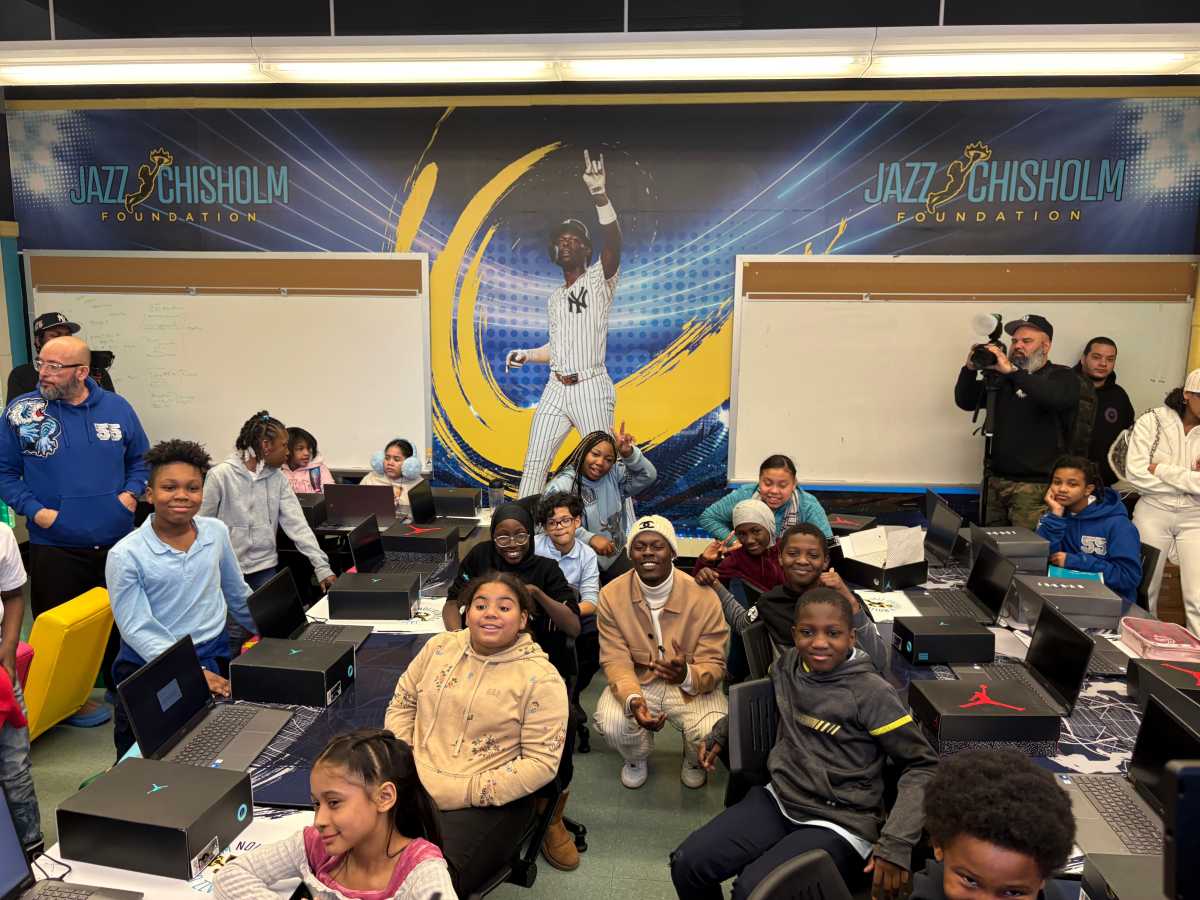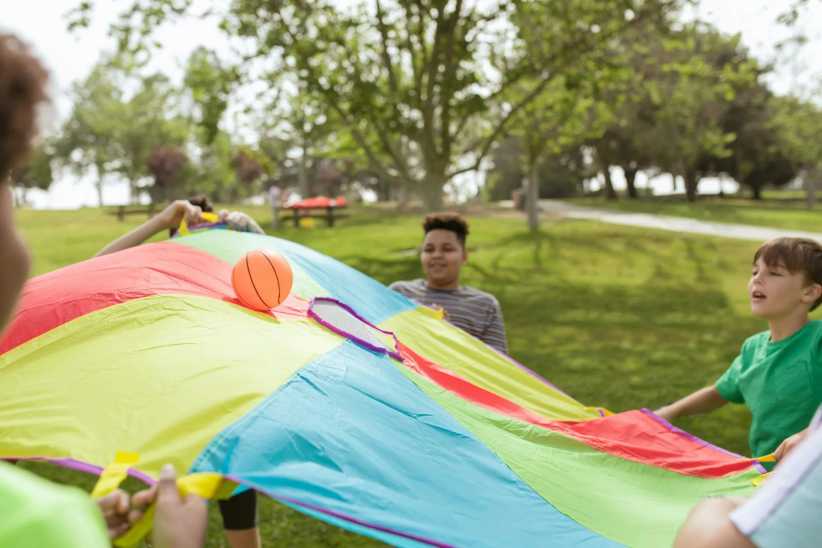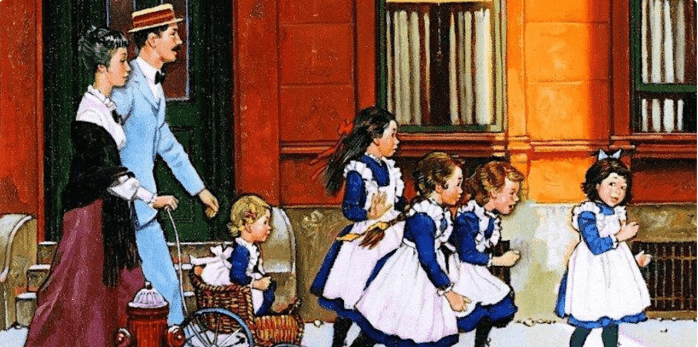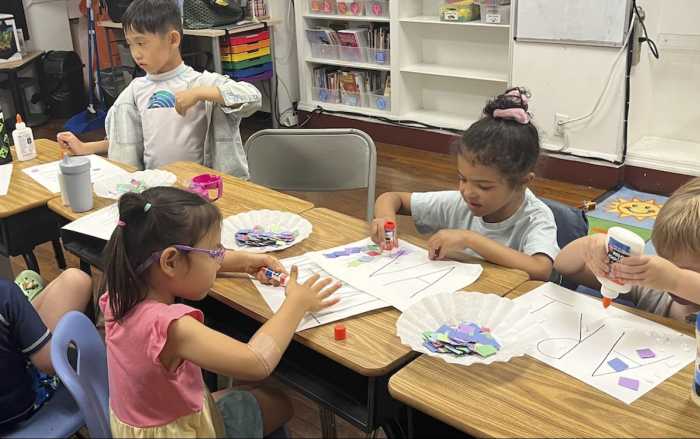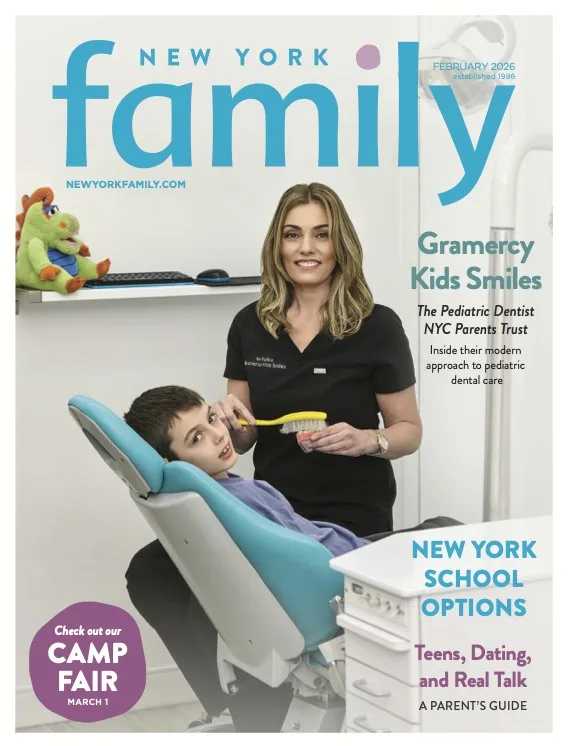
In today’s society, it is not uncommon to know a child who needs an IEP (Individualized Education Plan). This is due to the awareness that parents have about child development and milestones, along with the efforts from preschools that are receiving more training to help identify, and properly guide parents on how to manage this difficult task. Another factor that adds to more IEP designations is that children are more sedentary and technologically connected, this leads to the inability to develop social skills, and therefore concerns from teachers result in evaluations to rule out delays or neurological disconnect.
An IEP, as the name suggests, takes education and unitizes it for the specific child listed on the document. It’s a road map of success for everyone (parents, teachers, support professionals, and school administrators) to be on the same page, and effectively work on the skills as mandated in the document. It’s not an instrument of doom, as some parents erroneously believe; its purpose is to provide all the help necessary for a child to succeed in school and in society at large. A child that goes without needed services will develop deeper issues, something as simple as a speech delay can become behavioral, stemming from frustration of not being understood.
[gravityform id=”18″ title=”false” description=”false” ajax=”true”]
An IEP is a living document that is revisited every year in order to determine its viability, and every effort is made by the education team to provide the least restrictive environment for the child. During the meeting everyone discusses what they think needs improvement and would like to see change. Every year the meeting ends in one of three conclusions: Either the child is found to still need the services provided, or the child needs to add services or frequency of services, or the child no longer needs an IEP. These meetings and the needed evaluations are made by the professionals (child psychologist, followed by a Special Ed teacher, Speech Therapist, OT, or PT) that come to do formal assessments at home or at school (in the case of an initial evaluation) or the teachers and therapists at school that are in constant contact with the child and know what has been improving and what will need more work or different strategies, including the school social worker or preschool director if a child is under 5.
Most people wait until the child turns 3 in order to request an evaluation from the DOE, when in fact, it can be requested as soon as the child turns two and a half. The benefit in requesting an evaluation a bit earlier is that this process takes a long time and the more services a child receives before entering Kindergarten, the more likely it will be that the child will overcome some, if not all, the concerns if the child has a simple IEP that lists just speech or Physical Therapy as the prescribed service. All children are categorized as “preschooler with a disability” if they have an IEP, even if there is no diagnosis and what they need is minimal to reach their educational goals; it is a blanket statement and there is no diagnosis or stigma behind it, so parents shouldn’t be alarmed to see that. Once the child no longer needs services, the document will read “preschooler/student without a disability”
In order to request an evaluation, parents need to follow a few steps and be prepared to be persistent, staying on top of everyone who is handling the case will ensure you don’t wait for a year.
It is wise to enlist your child’s preschool director and their teacher; they should be familiar with this process, but for reference please see this list:
1. Make a letter to the school district, citing your concerns and requesting an evaluation packet, make sure to include your child’s name and date of birth, as well as your name, address and phone number. Make a few copies for your records
2. Take the letter in person to the designated CPSE district, this way they will give you the packet on the spot which shaves a few weeks off the process.
3. Do not sign anything from the packet, this gets done during the initial evaluation with someone from the agency you will select out of the listing they provide.
4. Choose an evaluation site to conduct the evaluation, I highly recommend to schedule all evaluations and observations at the child’s school as much as possible; it is likely that the child will have different behaviors when in a group setting versus in the comfort of home. The more information is provided to and observed by the specialists, the more accurate the education plan will be.
5. Receive and go over the evaluation summary that the site will send you via mail and speak to them should you have any concerns or if they forgot to include crucial information such as delays at birth or existing diagnosis, both of which have weight in a service determination.
6. Attend the meeting.
7. Follow up on recommendations.
During the year when the child turns 5 there is a “turning 5 meeting” which basically means that the child is reassessed and transferred from CPSE (Committee for Preschool Special Education) to CSE (Committee for Special Education). With the right support systems, adequate professionals and follow up, every child will do an amazing job during their school years.
Margarycel Nunez, MASpEd. is an accredited preschool administrator and proud mother of three, one of whom has Down’s syndrome.



